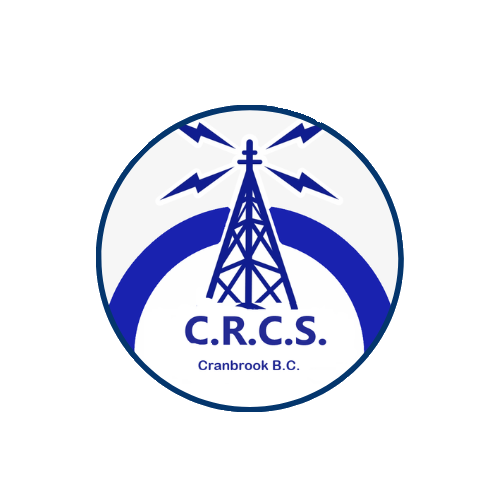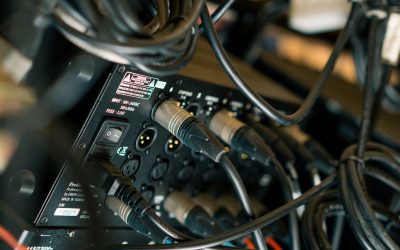As the summer sun beckons us outdoors for thrilling adventures and recreational pursuits, it’s crucial to prioritize our health and well-being by staying hydrated. Join us as we explore the importance of staying hydrated during summer activities and uncover essential tips to ensure optimal hydration for a safe and enjoyable summer season.
Understanding the Importance of Hydration:
Proper hydration is essential for maintaining overall health and well-being, particularly during the hot summer months when the risk of dehydration is heightened. Water plays a vital role in regulating body temperature, lubricating joints, aiding digestion, and transporting nutrients throughout the body. Dehydration occurs when the body loses more fluids than it takes in, leading to a range of adverse effects, including fatigue, dizziness, headaches, and even heat-related illnesses such as heat exhaustion and heatstroke. By staying hydrated, we can support our body’s vital functions and reduce the risk of dehydration-related complications during summer activities.
Exploring the Impact of Summer Activities on Hydration:
Summer activities such as hiking, biking, swimming, and outdoor sports can increase the body’s fluid loss through sweating and increased respiratory rate. Additionally, exposure to high temperatures and prolonged sun exposure can further exacerbate fluid loss, putting individuals at greater risk of dehydration. Whether you’re exploring nature trails, lounging by the pool, or engaging in intense physical exertion, it’s essential to replenish lost fluids regularly to maintain hydration levels and prevent dehydration.
Tips for Staying Hydrated During Summer Activities:
Drink Plenty of Water:
Make it a habit to drink water regularly throughout the day, especially before, during, and after engaging in summer activities. Carry a reusable water bottle with you to ensure easy access to hydration wherever you go.
Hydrate Before Exercising:
Drink water or electrolyte-rich beverages before starting your summer workout or outdoor adventure to ensure proper hydration and electrolyte balance.
Monitor Urine Color:
Check the color of your urine to gauge your hydration status. Pale or light-colored urine indicates adequate hydration, while dark-colored urine may signal dehydration.
Eat Hydrating Foods:
Incorporate hydrating foods such as fruits (e.g., watermelon, oranges) and vegetables (e.g., cucumber, lettuce) into your summer diet to boost your fluid intake and replenish electrolytes.
Avoid Excessive Alcohol and Caffeine:
Limit your consumption of alcoholic and caffeinated beverages, as they can contribute to dehydration. Opt for water or electrolyte-rich drinks instead.
Take Breaks in the Shade:
When engaging in outdoor activities, take regular breaks in shaded areas to rest, cool down, and hydrate.
Wear Lightweight, Breathable Clothing: Choose lightweight, breathable clothing made from moisture-wicking fabrics to help keep your body cool and minimize sweating during summer activities.
In conclusion, staying hydrated during summer activities is essential for maintaining health, preventing dehydration, and ensuring a safe and enjoyable outdoor experience. By following the tips outlined above and prioritizing hydration, you can support your body’s needs and stay healthy and hydrated throughout the summer season. Remember to listen to your body, stay vigilant for signs of dehydration, and take proactive measures to replenish lost fluids regularly. With proper hydration, you can stay energized, focused, and ready to embrace all the adventures that summer has to offer. Join us at CRCS in promoting hydration awareness and empowering individuals to stay healthy and hydrated during their summer activities.




